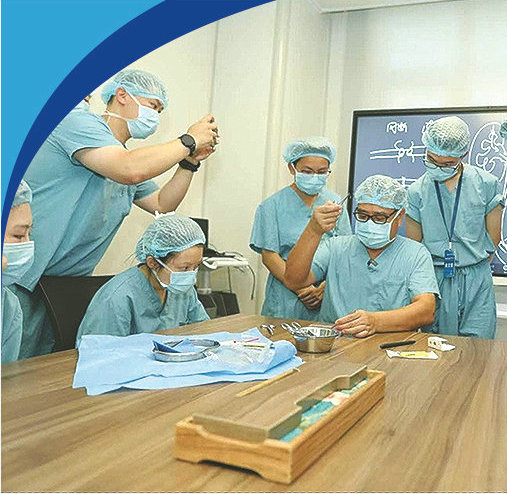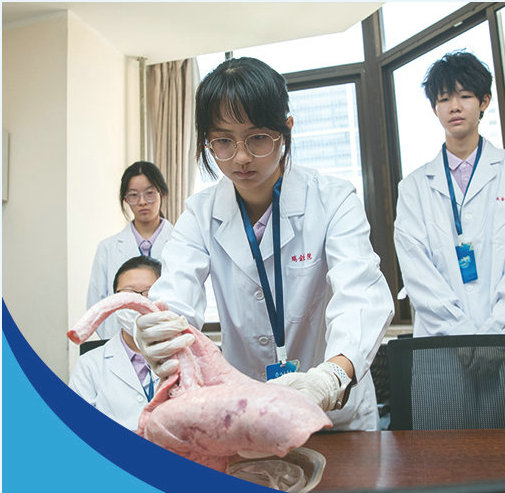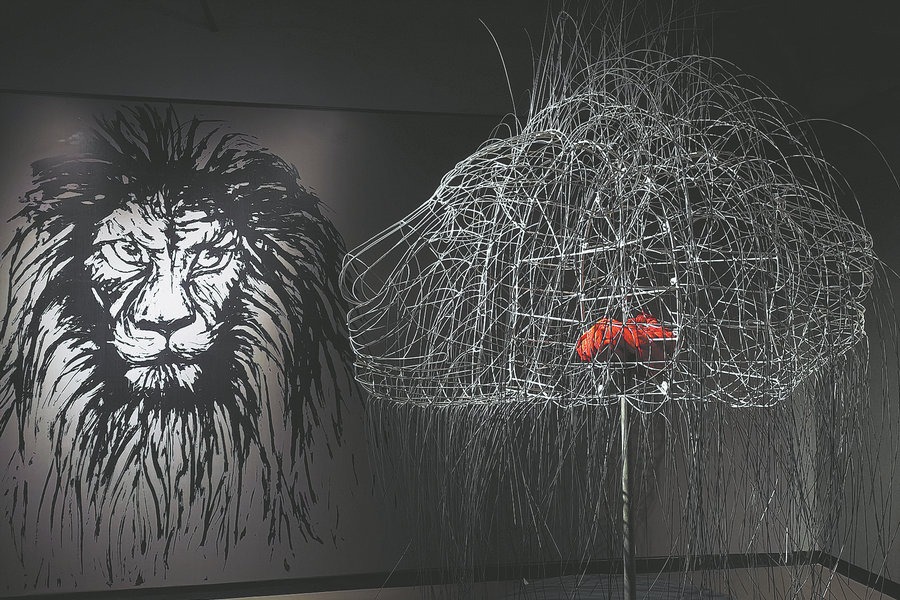Future doctors explore transplant frontiers
From robotic arms to delicate sutures, students step into operating rooms, discovering the precision and compassion behind lifesaving medicine.


Closing gaps
Throughout the camp, experienced doctors shared their career journeys and discussed both the challenges and the latest advances in organ transplantation. A recurring theme was the critical shortage of organ donors.
Experts noted that worldwide, a new patient is added to the organ waiting list every three minutes, yet only one in five receives the transplant they need. In China, the situation is even more urgent: only one in eight patients gets an organ.
This shortage has spurred research into xenotransplantation. Notable developments include successful pig heart and kidney transplants in the United States, as well as China's first pig kidney transplant at Xijing Hospital in Xi'an, Shaanxi province, in March.
As a pioneer in organ transplantation in China, Ruijin Hospital is also taking a proactive role, collaborating with Harvard University experts on a joint project focused on kidney xenotransplantation. Past milestones at Ruijin include performing China's first liver transplant in 1977 and Asia's first heart transplant the following year.
"As it currently stands, no matter how advanced the technology becomes, it cannot replace the profound generosity of donors," said Zhao.
The hospital emphasized that choosing this theme for this year's camp is a call to society to address the significant gap between the supply and demand for organ transplants and to work together to find solutions.





































